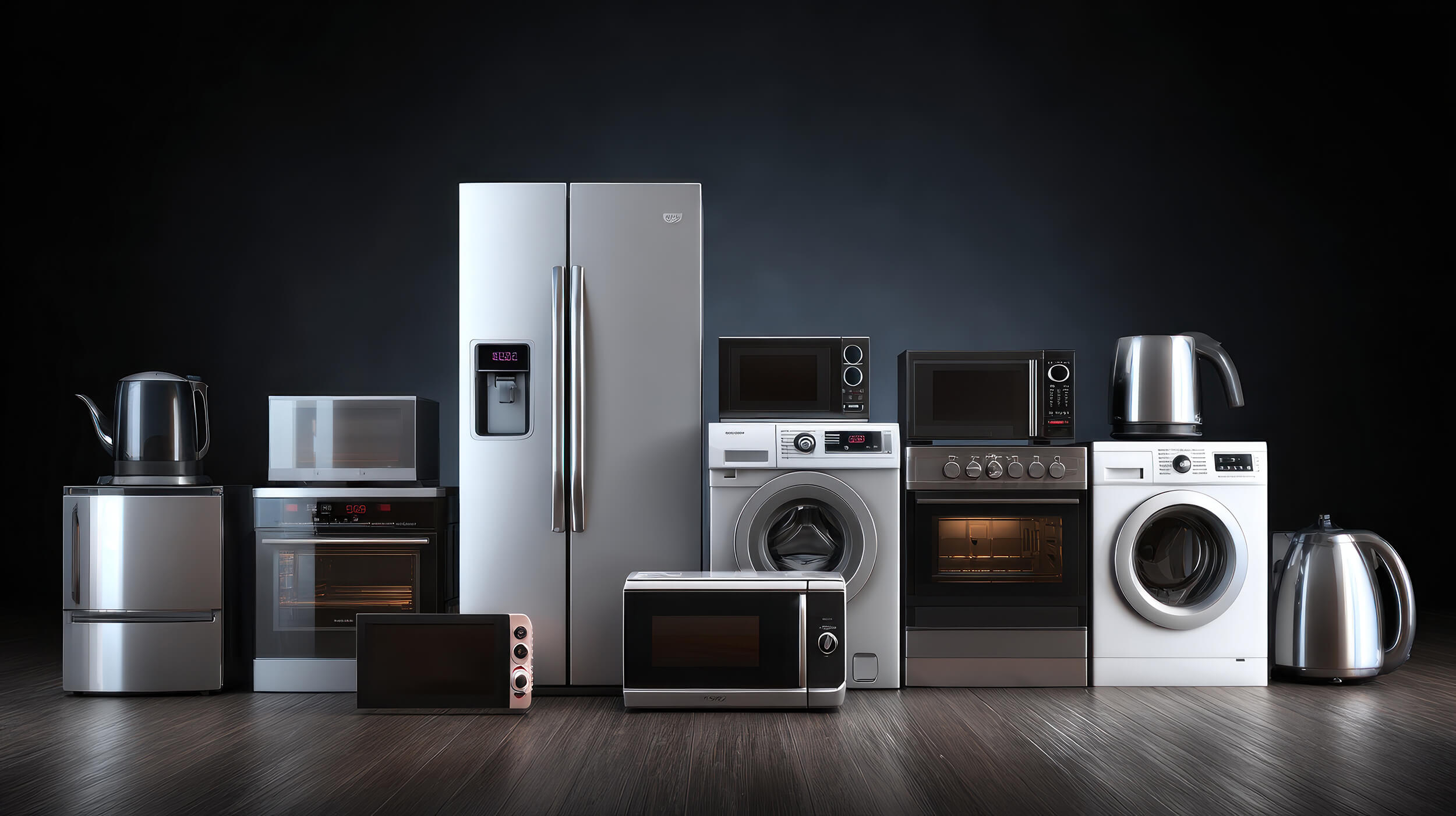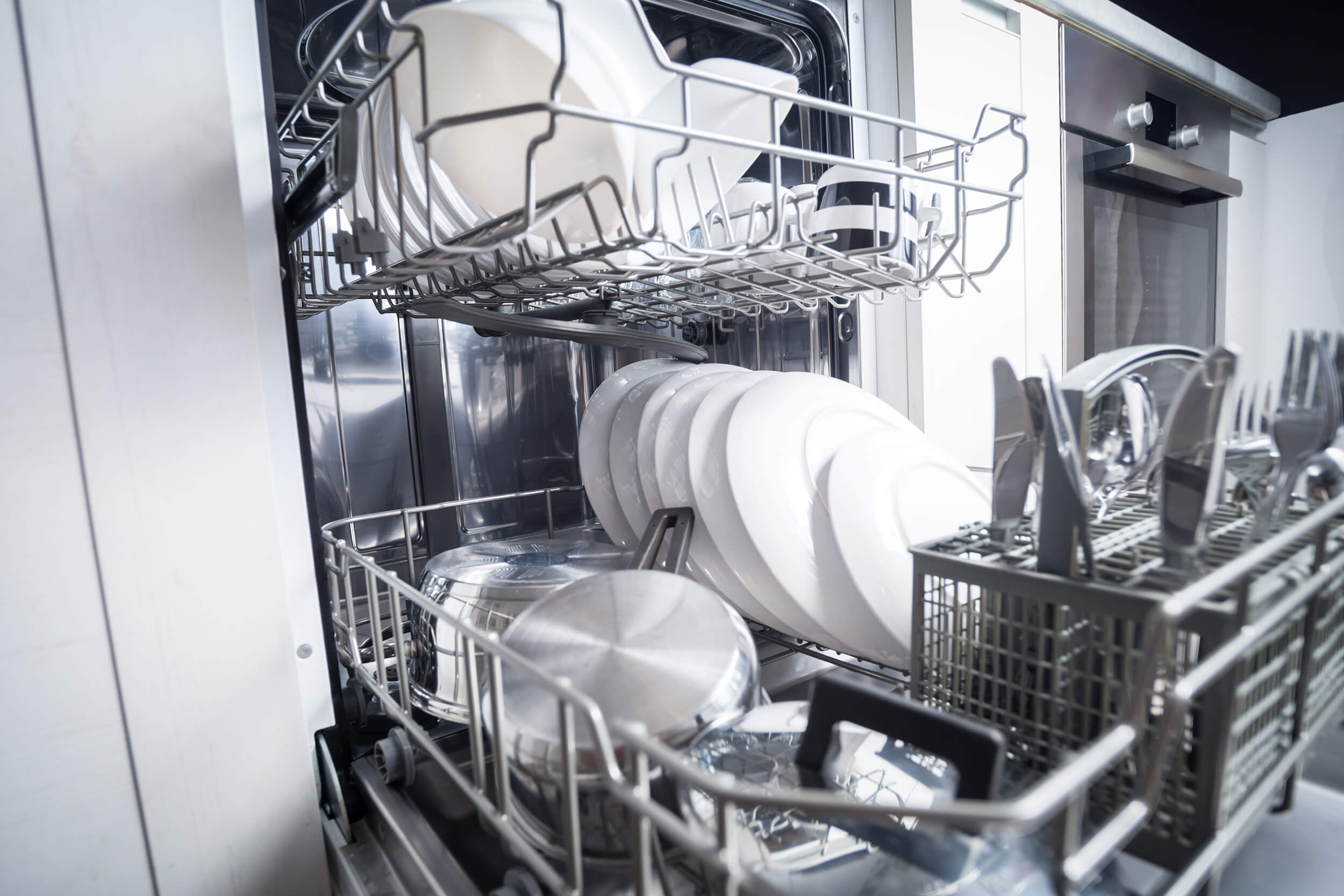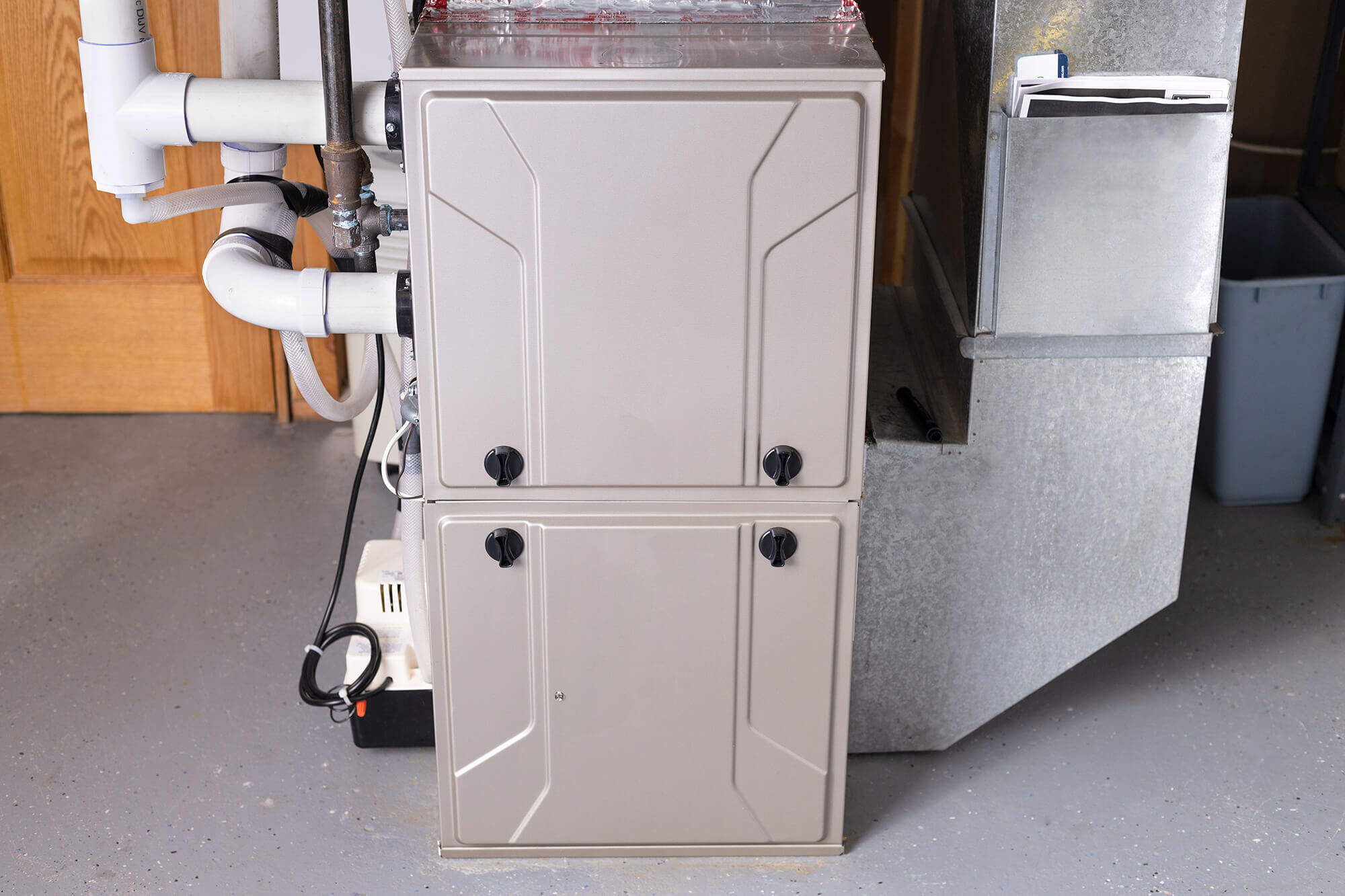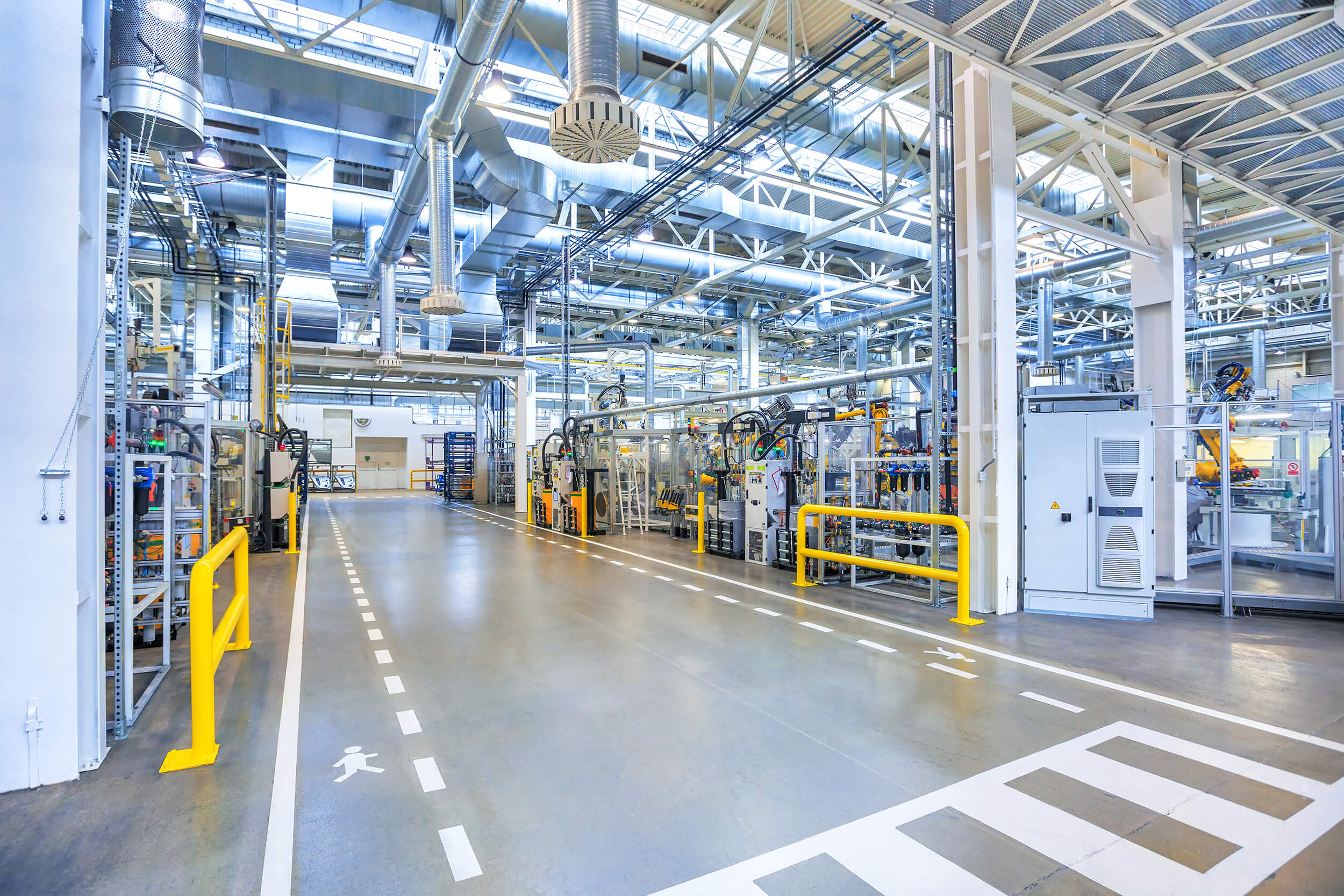FOR IMMEDIATE RELEASE
Media contacts:
- ASAP, Brian Fadie, bfadie@standardsasap.org
- NW Energy Coalition, Amy Wheeless, amy@nwenergy.org
- NRDC, Emily Deanne, edeanne@nrdc.org
- Representative Joe Fitzgibbon, Joe.Fitzgibbon@leg.wa.gov
Olympia, WA -- Washington Governor Jay Inslee signed energy efficiency legislation on March 11th that will cut energy waste, save consumers and businesses money on utility bills, and help the state meet its strong climate action goals. The law sets efficiency standards for air purifiers—which are energy-intensive and increasingly common—and five other products.
From 2024 to 2040, the energy efficiency measures in HB 1619, sponsored by Rep. Joe Fitzgibbon (D-34), are expected to reduce carbon dioxide emissions by 447,000 metric tons, an amount equivalent to taking 97,000 passenger vehicles off the road for a year. Consumers and businesses will save $30 million annually on utility bills beginning in 2025, increasing to $54 million per year in 2040.
In addition to air purifiers the law also covers hot tubs, residential ventilating fans, electric vehicle charging equipment, commercial ovens, and commercial hot food holding cabinets. After January 1, 2024 sales of new models of these products in the state must at least meet an ENERGY STAR efficiency level or another efficiency level specified in the law. Sales of used products are not subject to the standards and consumers are not required to replace existing products.
“Energy efficiency is the low-hanging fruit for Washington to reach its bold climate emissions reductions goals. We know the cheapest kilowatt of energy is the one you don’t have to produce in the first place,” said Rep. Joe Fitzgibbon.
“Washingtonians will soon be able to purchase an air purifier knowing it won’t be a large drain on their budget to operate. This is more important than ever as summer wildfire smoke becomes more prevalent and dangerous to our health,” said Amy Wheeless, Senior Policy Associate at the NW Energy Coalition.
“Today’s action is a victory for Washingtonians and the climate. By guaranteeing consumers can purchase the best and most efficient air purifiers and other appliances, Washington state customers and businesses will save millions on their utility bills and prevent almost 450,000 metric tons of dangerous climate-warming carbon pollution,” said Lauren Urbanek with the NRDC (Natural Resources Defense Council).
“Washington has long been a leader on appliance efficiency standards, having adopted standards legislation four times in the last 20 years, often helping spur other states and even the federal government to then adopt standards as well. This law continues that leadership,” said Brian Fadie with the Appliance Standards Awareness Project.
###




